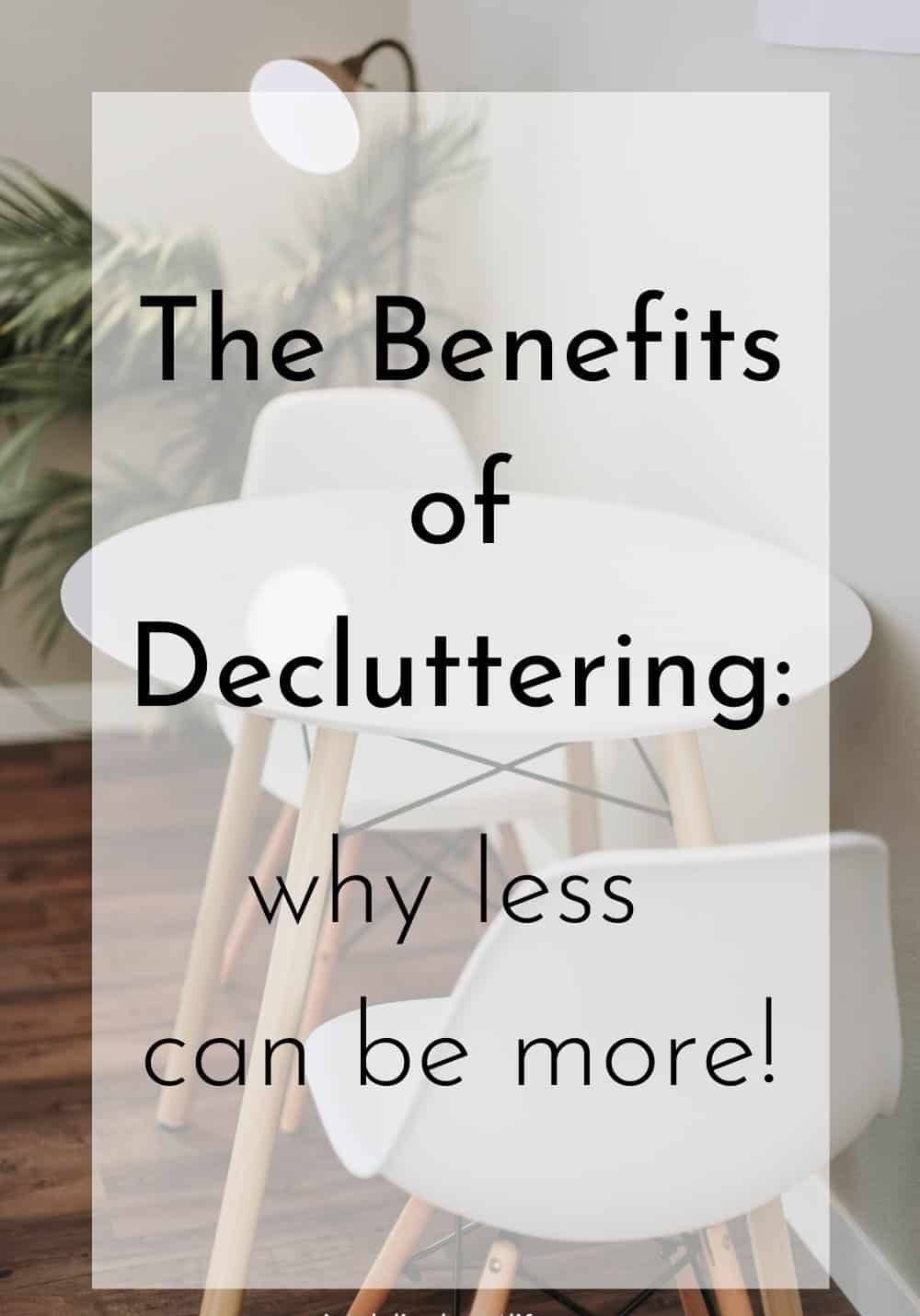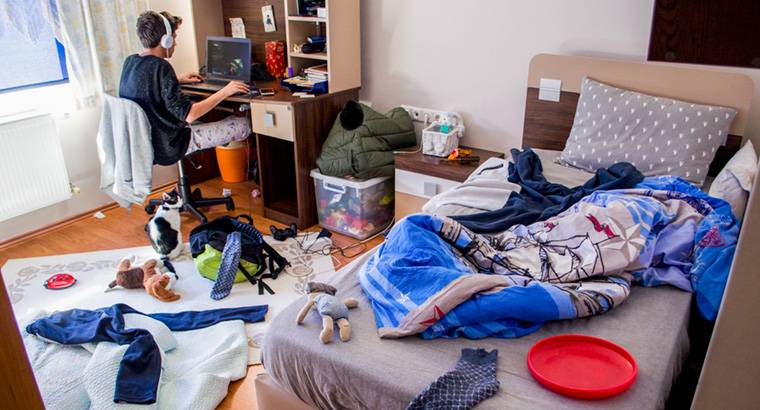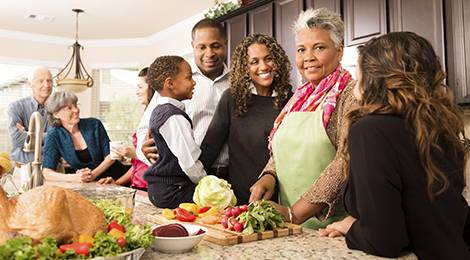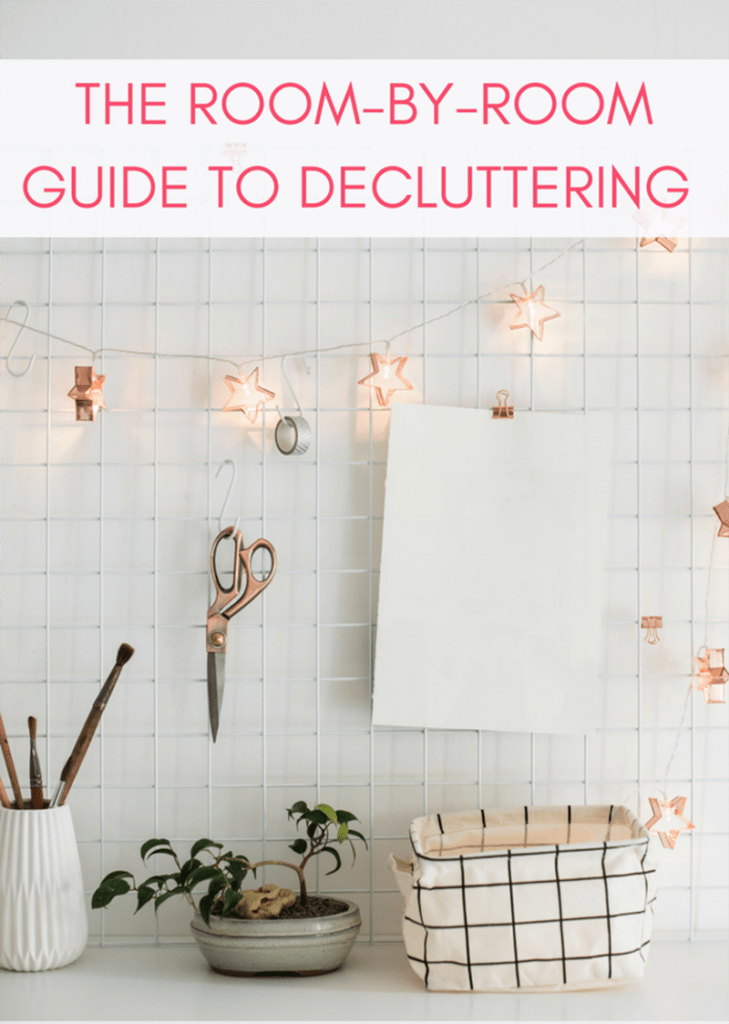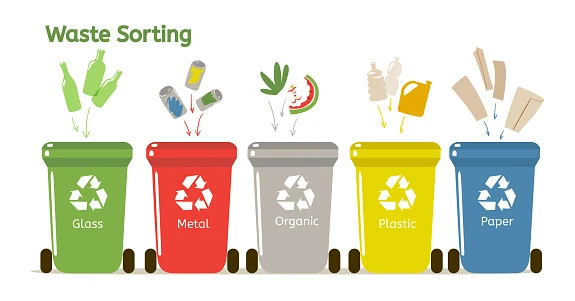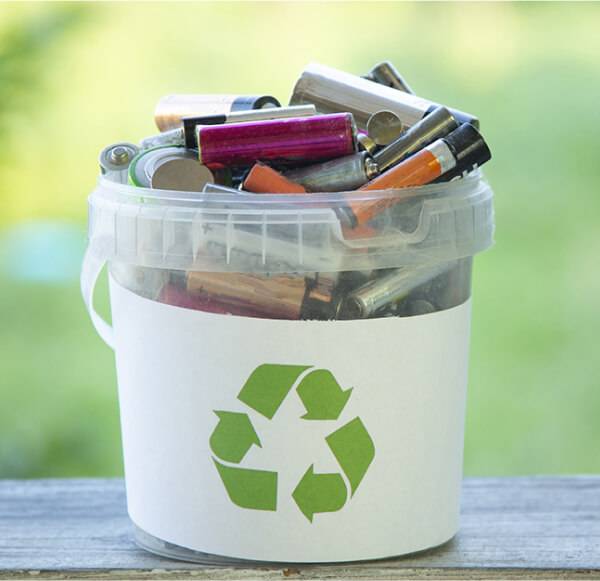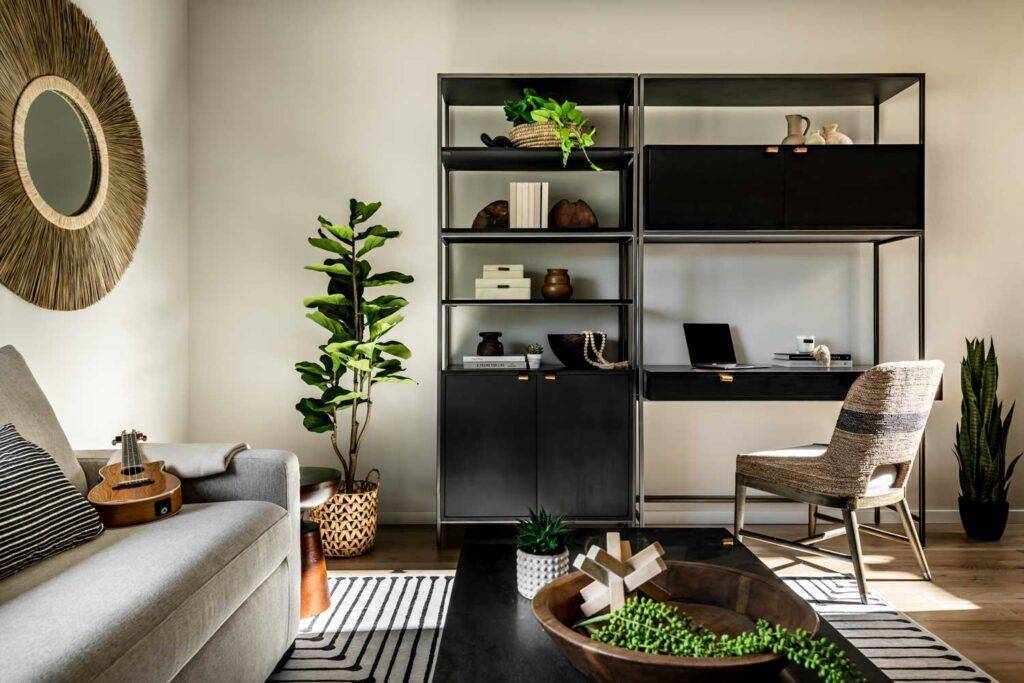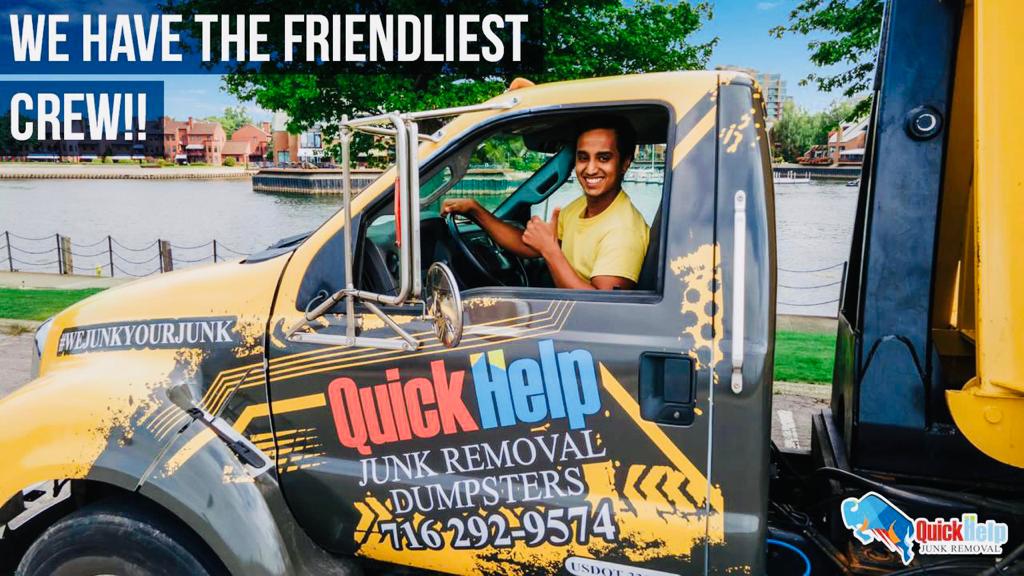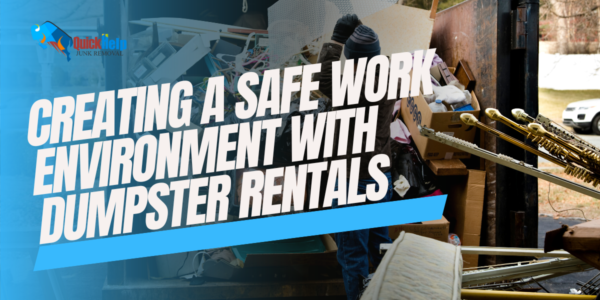Decluttering for Seniors: Tips for a Smooth Process. Hey there, Tonawanda community! 🌟 As we age, maintaining a clutter-free home becomes increasingly important for safety, accessibility, and overall well-being. Decluttering can be a daunting task, especially for seniors who have accumulated a lifetime of memories and belongings. But don’t worry! At Quick Help Junk Removal, we’re here to make the process smooth and stress-free. Let’s dive into some practical tips to help seniors declutter their homes efficiently and comfortably.
Understanding the Benefits of Decluttering
Safety and Accessibility
One of the most significant benefits of decluttering is enhancing safety and accessibility. Clutter can create tripping hazards and obstruct pathways, making it difficult to move around freely.
Reduce Fall Risks
Falls are a major concern for seniors. By removing unnecessary items and creating clear pathways, you significantly reduce the risk of trips and falls.
Create Clear Pathways
Ensuring that walkways and common areas are free of obstacles can make daily living easier and safer.
Mental and Emotional Health
A clutter-free environment can do wonders for mental and emotional well-being.
Lower Stress and Anxiety
Clutter can be overwhelming and stressful. Clearing out unnecessary items can create a more peaceful and calming living space.
Create a Peaceful Living Environment
A tidy home can help create a sense of order and tranquility, contributing to overall happiness and contentment.
Simplified Daily Living
Decluttering can also make everyday tasks easier.
Easier to Find Items
When everything has its place, it’s much easier to find what you need without frustration.
Less Time Spent on Cleaning and Maintenance
A clutter-free home is easier to clean and maintain, giving you more time to enjoy your hobbies and interests.
Preparing for the Decluttering Process
Set Clear Goals
Before you start, it’s essential to set clear goals for your decluttering project.
Define What You Want to Achieve
Are you looking to create more space, enhance safety, or simply reduce the amount of stuff you have? Knowing your goals can help guide your efforts.
Prioritize Areas to Declutter
Identify the areas that need the most attention and tackle them first. This could be a crowded garage, a cluttered basement, or an overflowing closet.
Gather Necessary Supplies
Having the right supplies on hand can make the process smoother.
Boxes, Bins, Labels, Trash Bags
Stock up on boxes, bins, labels, and trash bags to help sort and organize items as you go. This will make it easier to categorize and manage your belongings.
Create a Timeline
Setting a realistic timeline can help keep the project on track.
Set a Realistic Timeline
Break the project into manageable steps and set achievable deadlines for each. This way, you won’t feel overwhelmed and can make steady progress.
Involving Family and Friends
Seek Help and Support
Decluttering can be a big job, so don’t be afraid to ask for help.
Physical Help
Having family and friends assist with the physical aspects of decluttering can make the process faster and more enjoyable.
Emotional Support
Sorting through a lifetime of belongings can be emotional. Having loved ones by your side can provide much-needed support and encouragement.
Share Memories
Decluttering can also be a time to reminisce and share memories.
Reminisce While Sorting Items
Take the opportunity to share stories and memories associated with items as you sort through them. This can make the process more meaningful and enjoyable.
Make the Process Enjoyable
Turn on some music, take breaks for tea or coffee, and make the experience as pleasant as possible.
Room-by-Room Decluttering Tips
Living Room
The living room is often a central gathering place and can quickly accumulate clutter.
Clear Out Unnecessary Furniture
Remove any furniture that is no longer needed or used to create more space and improve flow.
Organize Media Collections
Sort through books, DVDs, and other media items. Keep what you love and donate or discard the rest.
Kitchen
A cluttered kitchen can make cooking and meal prep more challenging.
Remove Expired Food Items
Go through your pantry and fridge, and get rid of any expired or unused food items.
Simplify Kitchen Gadgets and Cookware
Evaluate your kitchen gadgets and cookware. Keep the essentials and donate or discard items you rarely use.
Bedroom
The bedroom should be a peaceful retreat.
Sort Through Clothing and Accessories
Go through your clothes and accessories. Keep what you love and donate or discard items that no longer fit or are rarely worn.
Create a Clutter-Free Sleeping Area
Ensure that your bedroom is free of clutter to create a relaxing and restful environment.
Bathroom
A tidy bathroom can make daily routines more efficient.
Dispose of Expired Medications and Toiletries
Check the expiration dates on medications and toiletries and dispose of any that are expired or no longer needed.
Organize Storage Areas
Use bins and organizers to keep bathroom essentials neat and accessible.
Garage/Basement
Garages and basements often become catch-all spaces for clutter.
Clear Out Old Tools and Equipment
Sort through tools and equipment, keeping only what you use and need.
Organize Seasonal Items and Decorations
Store seasonal items and decorations in labeled bins for easy access.
Sorting and Decision-Making
The Three-Box Method
A simple and effective sorting method is the three-box approach.
Keep, Donate, Discard
Label three boxes: Keep, Donate, and Discard. This will help you categorize items as you go through them.
Evaluate Items
Deciding what to keep and what to let go of can be challenging.
Sentimental Value vs. Practicality
Consider the sentimental value of items, but also think about their practicality. Keep what truly matters and let go of the rest.
Be Honest and Decisive
Be honest with yourself about what you need and use. Making firm decisions can help you make progress more quickly.
Responsible Disposal and Donation
Donate Usable Items
Donating items can help those in need and reduce waste.
Benefits of Donating
Donating can provide a new life for items you no longer need and support local charities.
Identify Local Donation Centers
Find local donation centers that accept items in good condition. Quick Help Junk Removal can also assist with donations.
Recycle and Dispose of Waste Properly
Proper disposal is essential for environmental responsibility.
Follow Local Recycling Guidelines
Ensure that items are recycled according to local guidelines to minimize environmental impact.
Utilize Professional Services
Hiring professionals can make the disposal process easier.
Benefits of Hiring Professionals
Quick Help Junk Removal can handle the heavy lifting, sorting, and disposal, ensuring that items are dealt with responsibly.
Maintaining a Clutter-Free Home
Develop New Habits
Creating new habits can help maintain a clutter-free home.
Regularly Assess and Declutter
Schedule regular check-ins to assess and declutter your home.
Organizational Systems
Investing in organizational systems can help keep things tidy.
Invest in Storage Solutions
Use bins, shelves, and organizers to create designated spaces for items.
Use Labels and Categories
Label bins and create categories to make it easier to find and store items.
Set Routine Checks
Regular checks can help prevent clutter from accumulating.
Schedule Regular Check-Ins
Set a routine for assessing and decluttering different areas of your home.
Decluttering for seniors can significantly enhance safety, accessibility, and overall well-being. By following these tips and involving loved ones, the process can be smooth and enjoyable. Remember, Quick Help Junk Removal is here to assist with professional services to make decluttering stress-free.



